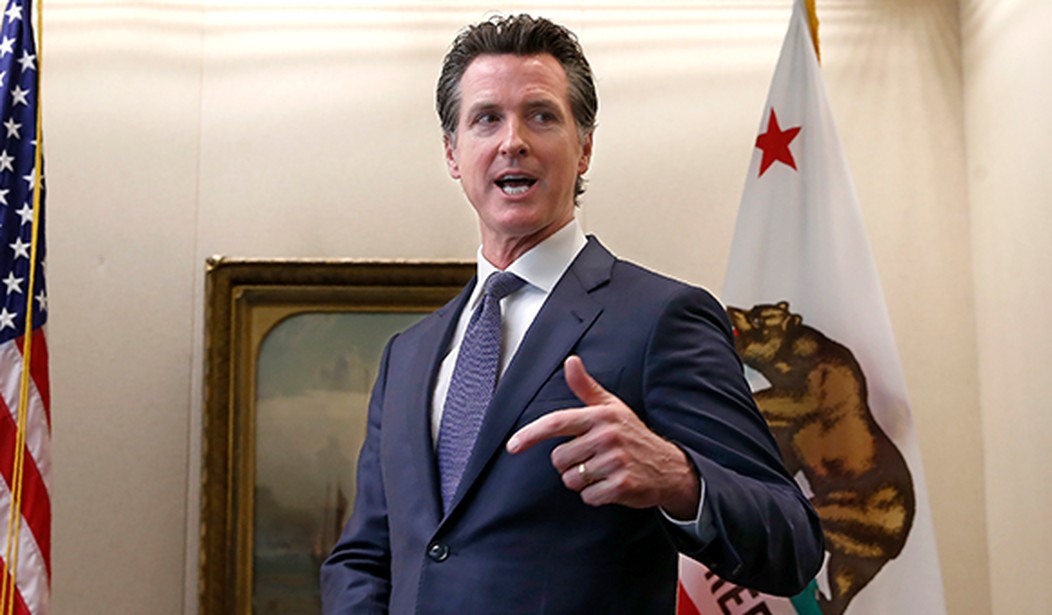The California Independent System Operator issued a level two emergency alert for 4 p.m. to 9 p.m. Pacific Time on Tuesday evening, and they are encouraging residents to conserve energy as much as possible to prevent rolling blackouts.
“The ISO declared an Energy Emergency Alert (EEA) 2 for 4 p.m. to 9 p.m. tonight, which signals to participants to bid more energy into the market, and allows the ISO to tap into emergency demand response programs that provide financial incentives for reducing energy use,” the organization said in a statement.
“The ISO is expected to declare an EEA 3 around 5:30 p.m., one step away from ordering rotating power outages,” they added.
California’s grid is going to be under an unprecedented amount of pressure tonight, as the demand is expected to be a “historic” 52,000 megawatts, according to the statement. This is due to the ongoing heat wave throughout the state, in which temperatures hit triple digits across the state over Labor Day weekend.
BREAKING: California’s grid operator has just issued a level 2 energy emergency alert, upgrading from level 1 issued earlier. @California_ISO is now advising Californias to “be ready for potential rotating power outages” this evening as electricity demand may hit all time high.
— Bill Melugin (@BillFOXLA) September 6, 2022
These conservation efforts are known as “Flex Alerts,” which encourage people to cut back on using electricity during the declared hours in order to prevent a blackout. According to FlexAlert.org, recommendations include turning up the thermostat to 78 degrees and limiting appliance usage.
“Everyone has to do their part to help step up for just a few more days,” Democratic Gov. Gavin Newsom said. “Individuals, the state, industries, business all doing their part to help reduce strain on the grid.”
This heat wave is set to be the hottest & longest on record in CA for September.⁰
We are now heading into the worst part of it – the risk of outages is real. Your efforts have paid off so far, but we need everyone to double down to save energy after 4pm. https://t.co/XKRYd9EPQI pic.twitter.com/HtVh5DAjQD— Office of the Governor of California (@CAgovernor) September 6, 2022
California has a population of 39 million people, so it’s no surprise that there would need to be rolling blackouts if the state is inadequately prepared.
Southern California News Group columnist Susan Shelley pointed out at noon Pacific Time that the state was relying primarily on natural gas at 41.1 percent, according to ISO data, compared to just 32.4 percent on renewables. As of 2:50 p.m. Pacific Time, that figure is even more drastic, with natural gas dependence at 47.8 percent and renewable dependence at 29.1 percent.
How's the electric grid doing in California? It's high noon, and renewables are only producing 32.4% of the state's electricity needs. State officials want to close the gas-powered plants that are currently providing 45.1% of the electricity that keeps the lights on. pic.twitter.com/7jk1MKUZWM
— Susan Shelley (@Susan_Shelley) September 6, 2022














Join the conversation as a VIP Member